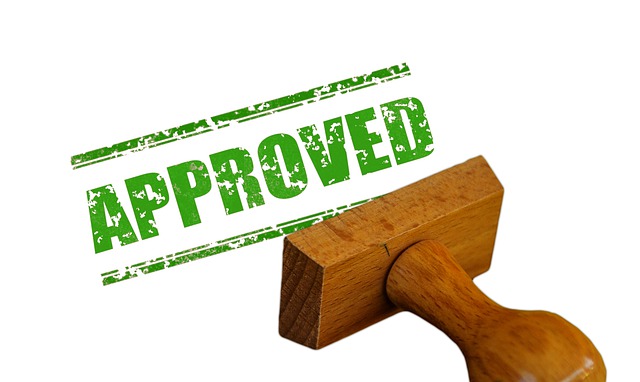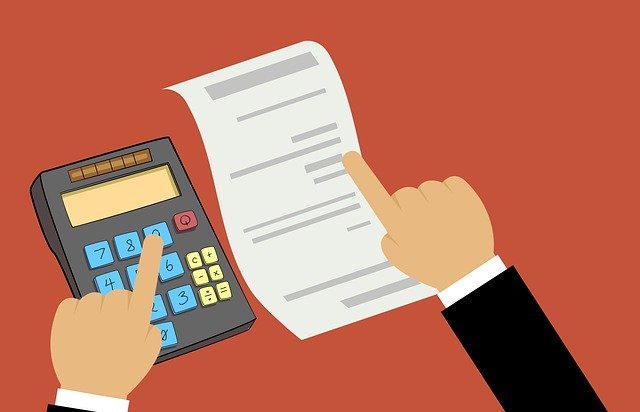

Consumers who do not have a bank account can use Check Cashing services to cash checks. They enable quick access to cash for persons who are unable to create a bank account or who have one but are unable to visit it when they require funds.
To see if check-cashing services are good for you, learn who can benefit from them, how they work, and how much they cost. Payroll, government, and other types of checks can be cashed without a bank account via check-cashing services. Usually, the cash is available almost immediately.
The institution that holds your checking or savings account may be the first thing that springs to mind when you think of a bank. However, banks come in a variety of shapes and sizes, each catering to a different set of needs.
You may not be familiar with all of these financial institutions, but each one is likely to play a role in your daily life. Different banks specialize in different areas, which makes sense because you want your neighborhood bank to do all possible to serve you and your community. Similarly, internet banks do not have to worry about managing various branch locations.
The following are some of the most popular banks, but the dividing lines are not so evident.
Retail banks are most likely the ones you’ve heard about. Your checking account and savings accounts are frequently held in a retail bank, which caters to customers who are consumers (or the general public). These banks are the ones with a lot of branch locations in crowded areas, and they offer loans and credit cards.
Commercial banks cater to business clients. Businesses, like individuals, require checking accounts. They do, however, require specialized services, and the monetary amounts can be significant. Commercial banks, often known as commercial banks or corporate banks, handle customer payments, provide lines of credit to manage the flow of cash, and provide foreign currency services to businesses doing business internationally.
Investment banks assist businesses in obtaining cash through the financial markets. An investment bank is frequently used by companies that seek going public or selling debt to investors. This type of bank may also provide mergers and acquisitions advice to businesses.
Private banks cater only to rich clientele, so many cannot open accounts in private banks. They assist clients in managing their wealth, providing tax advice, and establishing trusts to avoid paying taxes on money left to heirs.
A government’s monetary system is managed by central banks. The Federal Reserve, for example, is the central bank of the United States, and it is responsible for monitoring banks and determining monetary policy in order to manage inflation, reduce unemployment, and maintain reasonable lending rates.
Credit unions are comparable to banks, the only difference is they are customer-owned non-profit organizations. Credit unions provide products and services that are nearly equivalent to those provided by retail banks. The primary distinction is that credit union members have something in common, such as where they reside, what they do for a living, or what organization they belong to.
There are zero physical branch locations where you can interact with a teller or personal banker; internet banks function purely online. Many traditional banks also provide online services, such as the ability to examine accounts and pay bills, but internet-only banks are unique. Savings accounts with internet banks are frequently competitively priced, and they’re especially likely to provide free checking.
However, you should note that banks are not the only place where you can check your cash. As mentioned, there are other services available, such as Check Cashing services.





